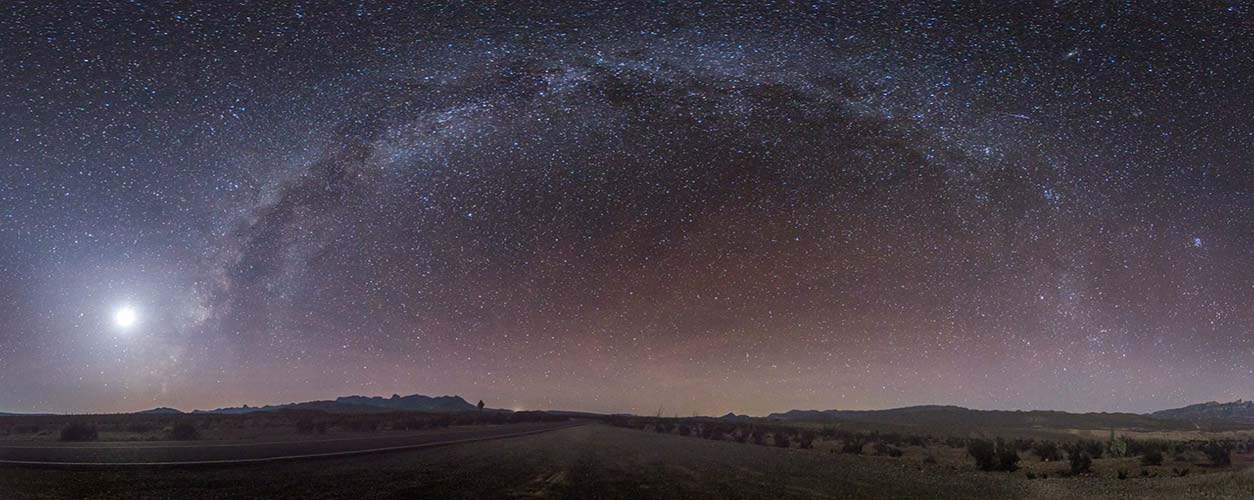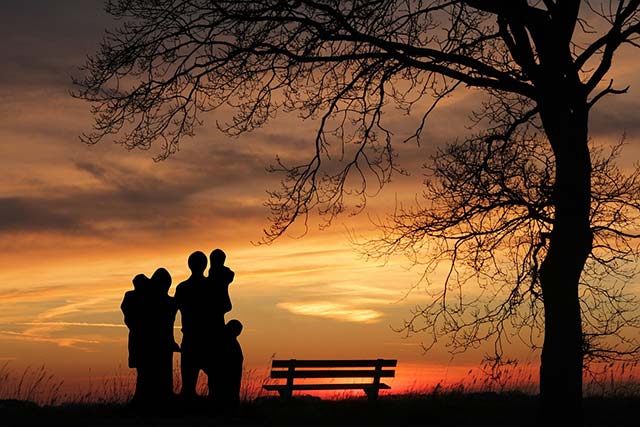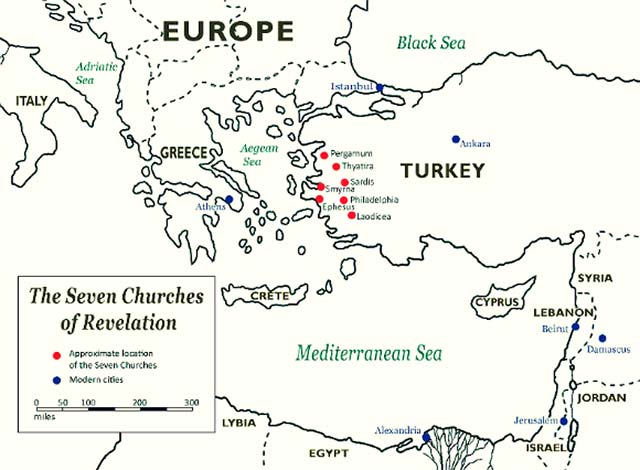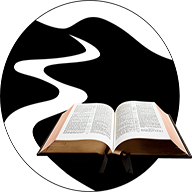Scroll down to see and play Audio.

Good morning dear “Walking with Jesus” friends,
What would it be like if after your life is over, someone was able to say “during his/her lifetime, the hand of God’s blessing was upon his/her family, his/her city”?
Listen to 1 Samuel 7:13 “Throughout Samuel’s lifetime, the hand of the LORD was against the Philistines.” Do you see a direct link between a godly leader, living his life and leading the people in a God honoring way, and God’s hand of protection from their enemies?
But there’s more! Look at what Samuel wrote next: “The towns from Ekron to Gath that the Philistines had captured from Israel were restored…” This means during those years these significant cities, and the neighboring territory, were once again delivered either by negotiations or victory in battle, back to Israel again.
And then this great statement “And there was peace between Israel and the Amorites.” Often the word “Amorites” is used to describe all the non-Hebrew nations which surrounded Israel. Thus this would mean there was peace on all sides for Israel during Samuel’s time.

We remember the promise of the ‘man of God’ who visited Eli with the words of God’s judgment on him and his sons for their failure as spiritual leaders of Israel in 1 Samuel 2:27-36, and especially this promise of God “I will raise up for Myself a faithful priest who will do according to what is in MY heart and mind.” (1 Samuel 2:35) Clearly God had raised up Samuel to be the significant spiritual leader with Eli and his priestly sons both dying on the same day, and the Ark being captured by the Philistines.
These three verses which conclude 1 Samuel 7, describe an overview of how Samuel fulfilled that promise: “Samuel continued as judge over Israel all the days of his life. From year to year he went on a circuit from Bethel to Gilgal to Mizpah, judging Israel in all those places. But he always went back to Ramah, where his home was, and there he also judged Israel. And he built an altar there to the LORD.”
You’ll notice there is no mention of Shiloh, right? Remember yesterday we discussed that Shiloh may have been captured and at least partially destroyed by the Philistines in retaliation for the death and devastation which happened in the towns where the captured Ark was brought… Ashdod, Gath and Ekron. With no one in Eli’s family continuing as High Priest, did Samuel remain there seeking to do the best he could for the people, or did he return to make his home in Ramah, and return to Shiloh often to care for the Tabernacle, we do not know.
Have you ever seen a ‘for sale’ sign in front of a church? Or how about a church all closed up and maybe even the windows boarded up? Have you lived in a town where this happened or maybe even been part of a church that died? What did you experience in that my friends?

For the people of Shiloh, and those like Elkanah, Pinnenah and Hannah, and their families, who had made annual pilgrimages to Shiloh for worship, can you imagine what those years were like without Eli and his sons there, without the Ark of the Covenant, and possibly with some or most of the town destroyed? Church closures cause us to question, wonder and reflect don’t they? What happened?
About 1100 years later the Apostle John, when in exile on the Island of Patmos, was visited by the Risen Lord Jesus with an extended vision which is in our Bible as the book of Revelation. In chapter 2&3 of Revelation, we find great warnings against 7 churches which had risen up and were flourishing in that first century.
The churches were warned that very much like in the days of Samuel, these people of God were drifting spiritually and God warned them if they did not recognize their drift and turn back to God, God’s hand would come against them, for they were a mockery to God in their cities. These seven were: Ephesus; Smyrna; Pergamum; Thyatira; Sardis; Philadelphia and Laodicea.

Their ruins and the modern day cities which are built near or upon those ruins are all in modern day Turkey, a Muslim country. Few Christians are known to be in the cities which are today associated with these ancient cities. Of course each city has its own story and here’s a link to an article from someone who visited all seven cities not long ago:
Let’s return to Samuel for a final few moments. Do you see he is referred to as “Judge over Israel” who made an annual circuit spending time in each of these significant cities, and we may presume both judging disputes or other legal issues, and bringing spiritual refreshment and leadership to those towns. Look closely at them for a moment, each is very significant in Israel’s history. You’ll recall I’ve also identified Samuel as a ‘prophet’ (1 Samuel 3:20) a spokesman for God, and in 1 Samuel 2:35 as a ‘priest’. So Samuel filled all three roles of leadership for Israel in his lifetime!
Let’s look very briefly at those town Samuel visited each year on his circuit:
Bethel was the place Jacob spent his first night running away from his family (Genesis 28) and where he had his vision of God and received God’s promise of the continuation of the covenant blessing of Abraham, Isaac and Jacob. Here he stood up the rock pillar he’d used as a pillow, poured oil on it, and named this place “Bethel” which means, the “house of God”. 20 years later, in Genesis 35, Jacob and his family returned to Bethel and worshiped there. It remained a vibrant and spiritually significant town for centuries for Israel.
Gilgal was the place near the Jordan river where Joshua and the Hebrews spent their first night after leaving the desert and crossing the dry Jordan river. (Joshua 4) They piled up 12 big rocks at Gilgial, right where they camped that night, which they’d taken from the dry riverbed, as a lasting memorial to the miracle crossing, and their arrival finally, into the Land of God’s Promise to Abraham. Again, this place for many generations was a place of spiritual renewal.
Mizpah, of course, was the place of the great revival we just saw in 1 Samuel 7, and the stone pillar stood up by Samuel and called “Ebenezar“. And this place also, for a very long time, was a place of spiritual significance to the Israelites.
May I ask you my friends, are there some places like these in your life story? Places where you and God have had such significant encounters, you have something in your home from that place to help you remember, if even only a picture? Do you sometimes return to that place to remember and thank God for what He did in your life there? Have you told your story, especially to your children and grandchildren about those places?

Can you imagine the excitement each year, as word came to the people in those places that Samuel was on his way? As wonderful as it was for Bethel, Gilgal and Mizpah, oh how special it must have been for the people of Ramah, especially Elkanah and Hannah, if they were still alive, that Samuel would make his home back in the place of his birth and very early years.
The very last verse of 1 Samuel 7 is very significant to me: “But he (Samuel) always went back to Ramah, where his home was, and there he also judged Israel. And he built an altar there to the LORD.”
As important as it was for a God honoring ‘judge’ to be able to bring settlement to disagreements or oversee important legal transactions, far more important was Samuel’s spiritual leadership in each place. Perhaps there were altars in Bethel, Gilgal and Mizpah, but I like this special note, that in his home town of Ramah, Samuel himself built an altar and led the people in worship there!
Would you say these verses describe a remarkable legacy of judicial leadership, spiritual leadership, and God’s blessing the people with protection and peace? And it’s all because Samuel was evidently determined to live DAILY in fulfillment of that promise of God “I will raise up for Myself a faithful priest who will do according to what is in My heart and mind.” (1 Samuel 2:35)
Could I invite us to pause right here and spend some time in personal reflection?
So, what will be the legacy of your lifetime, my friends? Where are those places you and God have had significant, life changing experiences together? How do you remember and honor what took place there?
Who has heard the stories and how have those stories impacted them? In all the places you have spent much time living or working or College or for any other reason, how have those places been impacted by your time there and the relationship you were developing with God while you were there?
It’s time to pray…would you agree?
Have a comment or question about today’s chapter? I’m ready to hear from you, contact me here.
 Pastor Doug Anderson 262.441.8785
Pastor Doug Anderson 262.441.8785
“Let us run with perseverance the race marked out for us, with our eyes fixed on Jesus…” (Heb. 12:1,2)
Archived back issues of “Walking with Jesus” and other resources are available by clicking here to open our ‘home page’ (or go to HOME at upper right of this page).
Share with friends. Subscribe below for daily “Walking with Jesus”.
